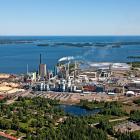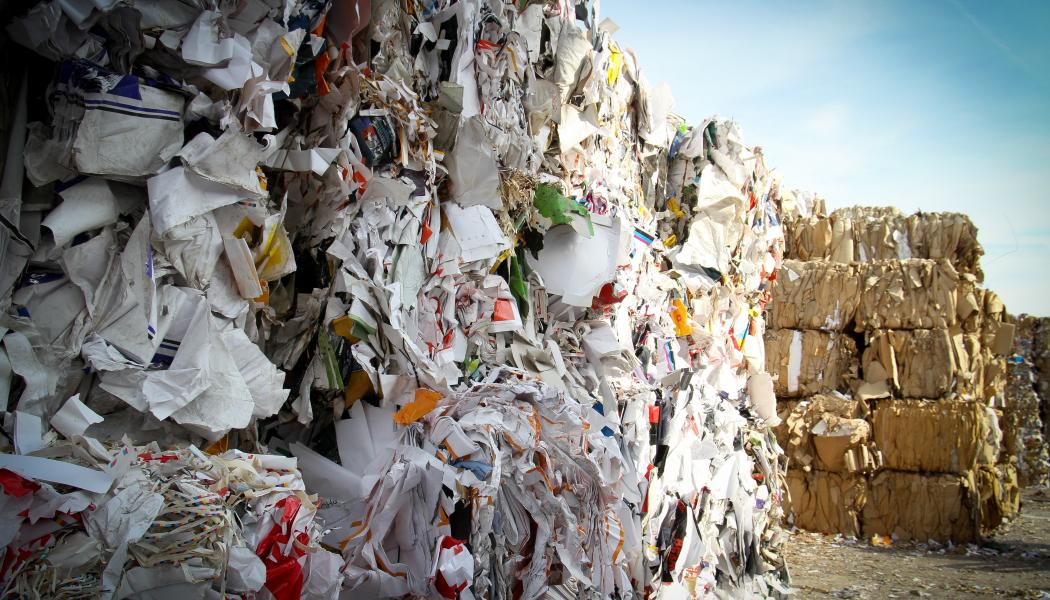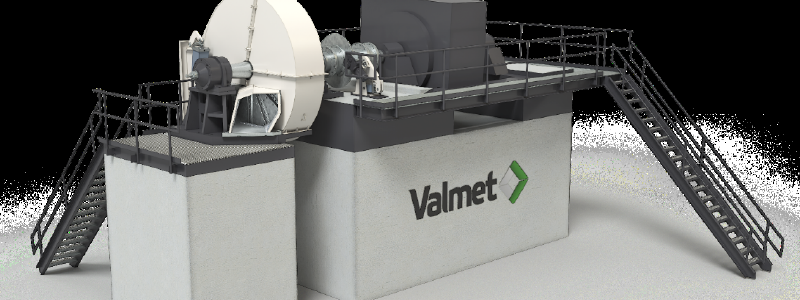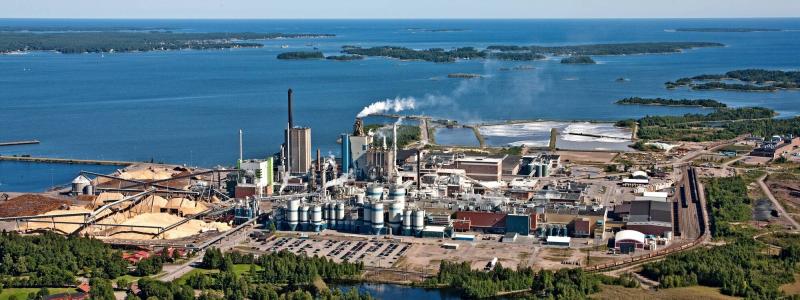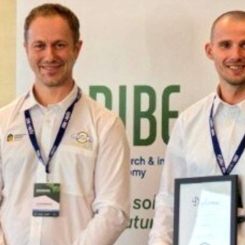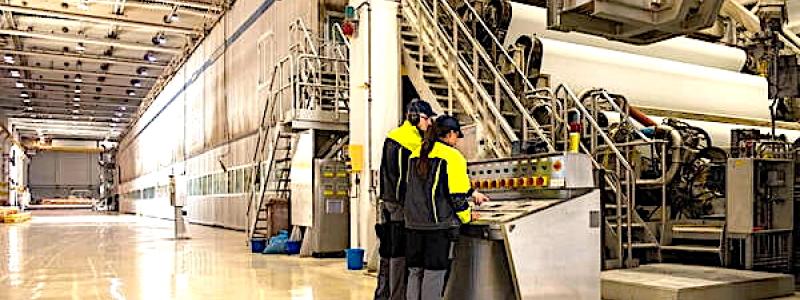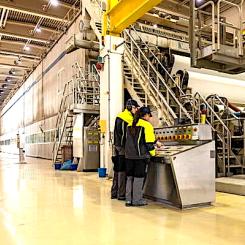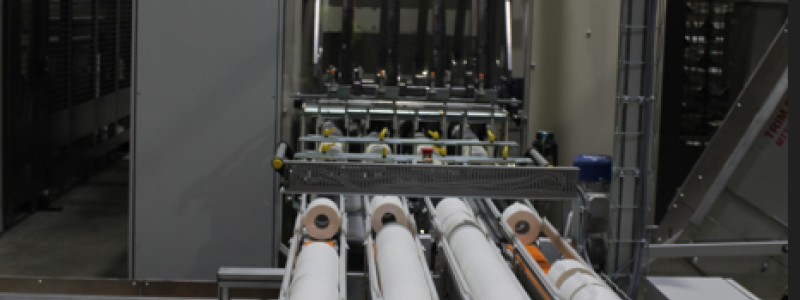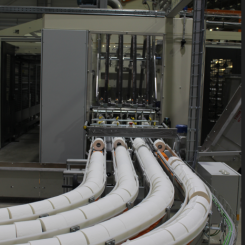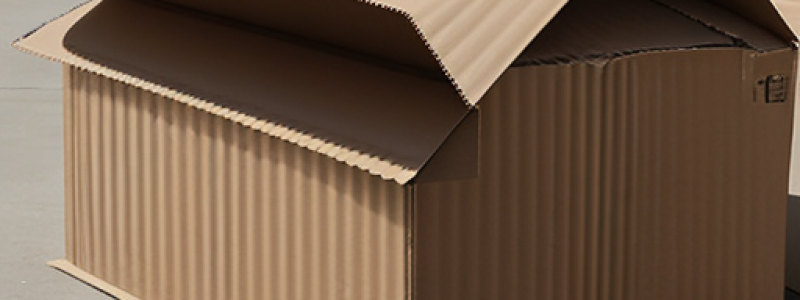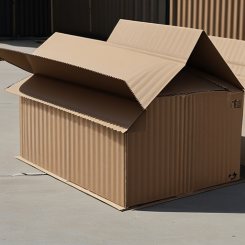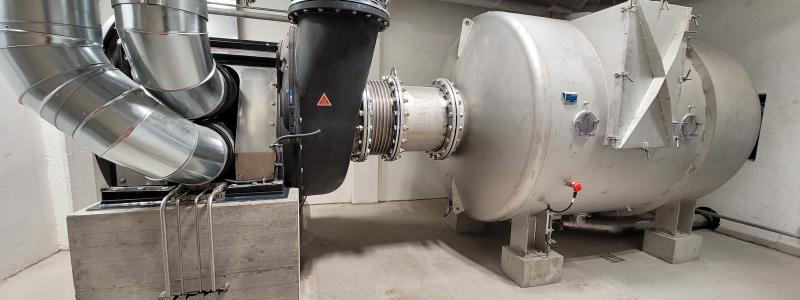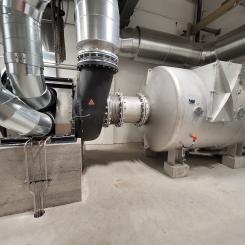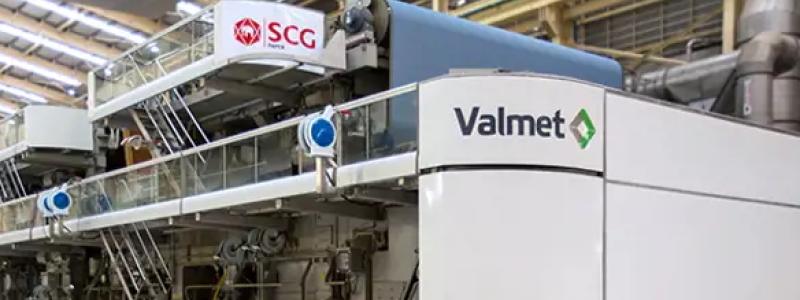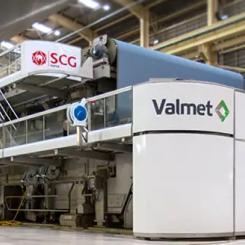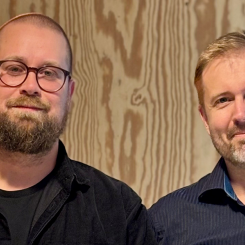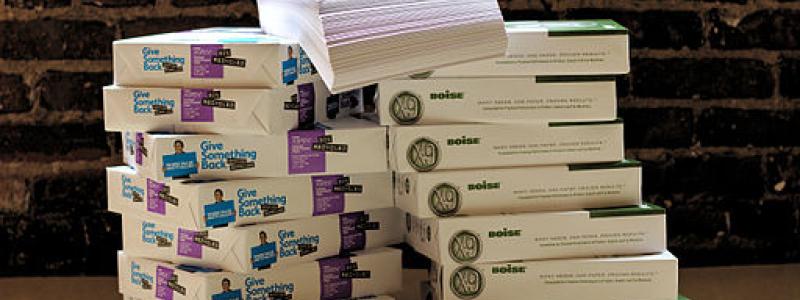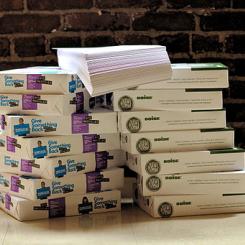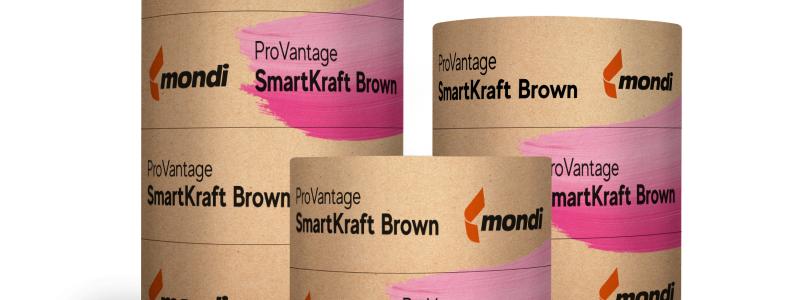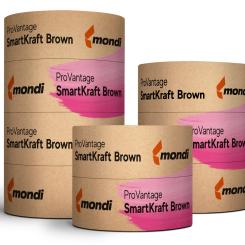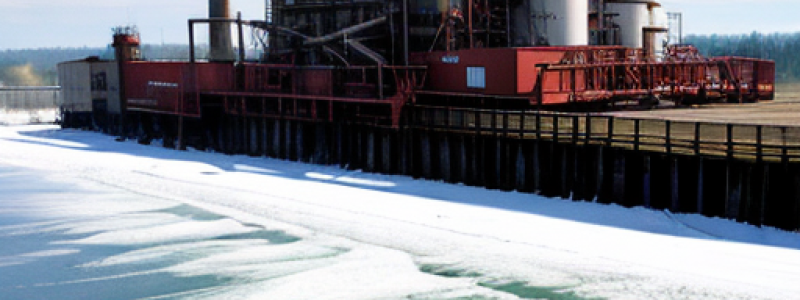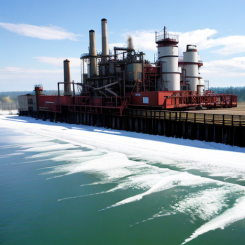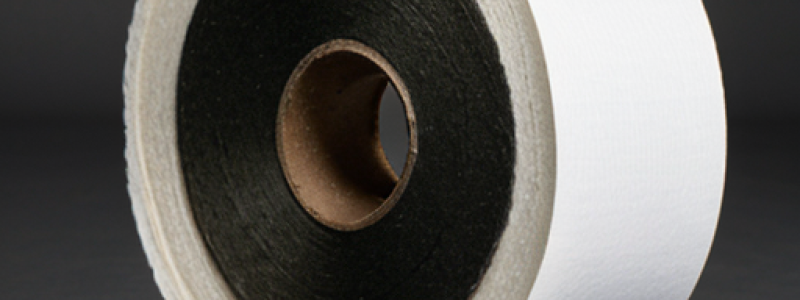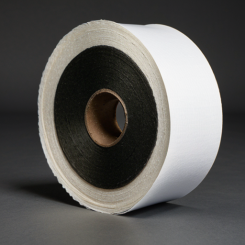The European market for recovered paper (RCP) is facing a rough ride in the months to come. – A price drop of as much as 25 percent, combined with other factors, creates a new reality for the paper industry, explains RCP expert at Geminor, Yasser Ismail.
Paper production and the re-use of paper for recycling is a huge business in Europe. According to CEPI, the European Association representing the paper industry, the total pulp and paper turnover reached €95 billion in 2021, an increase of €13 billion from 2020. Paper and board production last year ended at 90,6 million tonnes in Europe, with a production capacity rate of just over 90 percent. Also, the first half of 2022 has shown industry growth – and what until recently seemed to be a full COVID recovery for the big players of the business.
Sudden market change
But by the end of July we are seeing a radical change. The signs of a back-bouncing market were present back in May, but were not expected before Q4, explains German Senior Account & Development Manager at Geminor, Yasser Ismail.
– Some of the world’s largest packaging producers located throughout Europe are reporting a decrease in their recovered paper demand. This is because the market for packaging goods is under pressure and starting to tumble. Each of the German packaging mills announced for August a RCP reduction of 20 000 to 50 000 tonnes, or close to 15 percent down from normal offtake. In addition, several paper mills have brought forward or extended their necessary inspection and shutdown periods, says Ismail.
– An extraordinary situation
Ismail has over 23 years of experience within the pulp and paper industry. He has not seen a quicker change in the packaging market since the crises of 2008.
– The European economy is facing an extraordinary situation with inflation running wild, a war in Ukraine, and prolonged shipping capacity issues. Naturally, this also affects the paper industry, and two factors in particular are creating these sudden challenges: A dramatic fall in general consumption, and a tripling of energy prices, says Ismail.
At the moment, both recovered and new paper stocks are full to the brim. This has a profound effect on the current RCP market prices.
– Market price-related contracts for mixed paper (CEPI-Grade Code 1.01/1.02) and OCC (CEPI-Grade Code 1.04/ 1.05 and 4.03 Old Corrugated Carton) fractions have recently fallen by 30 to 80 EUR per ton, or close to 25 percent from July to August, says Ismail.
Affected by gas prices
A high percentage of the collected recovered paper is re-used in the packaging industry, which makes it sensitive to economic fluctuations. The decrease in the production of precursor products for the automotive and aerospace industries alone is resulting in a reduction in packaging production of as much as 17 percent.
In addition, the cost of producing paper products, which mostly depends on gas and electricity prices, is reaching a level where the profits are fading away.
– There has been a public debate since April regarding the possibility of gas triage to provide heat for private households over the winter. This has led to general uncertainty for many businesses, also in Germany. Some mills are reporting that in the event of a government rationing or allocation of gas, production could be cut by 50 percent. This will affect all parts of the value chain.
– As a consequence of this it could become a challenge to find off-takers for un-contracted bulk grade quantities, which are day-traded on best-price level, says Ismail.
Shipping issues
Normally, the export of recovered paper could help balance the European market. Out of the 50,1 million tonnes of recovered paper for recycling utilized in 2021, more than 6,9 million tonnes were exported out of Europe. This export is also facing challenges, as Asia is currently “silent”, explains Ismail.
– There are reports of container equipment challenges for the East-Bound traffic to Asia, which makes it difficult to export RCP. This and other factors temporarily lead to the reduction of export of packaging papers and the increase in quantities within Europe.
A predictable market
Falling or rising recovered paper prices are not necessarily a problem, but the market players in all parts of the value chain need to adapt to a new reality, argues Yasser Ismail.
– With the prices advertised in July and August, we have reached an unprecedented all-time high in several RCP grades. The problem associated with this is basically that sales are inflated, fiscal liquidity increases diametrically and the financial default risk increases for each individual load on the customer side.
– This may be a new breaking point in this industry. Most likely we will see more frequent fluctuations in the RCP markets in the future, with varying volumes, production capacity, demand, and prices.
Paper recycling is an important part of a sustainable Europe, but to develop a well-functioning circular economy, we need a more stable and predictable market, argues Ismail.
– The European average recycling rate has fallen slightly, and to get it back on track we must ensure that recovered paper continues to be an attractive commodity, concludes Senior Account & Development Manager at Geminor, Yasser Ismail.


